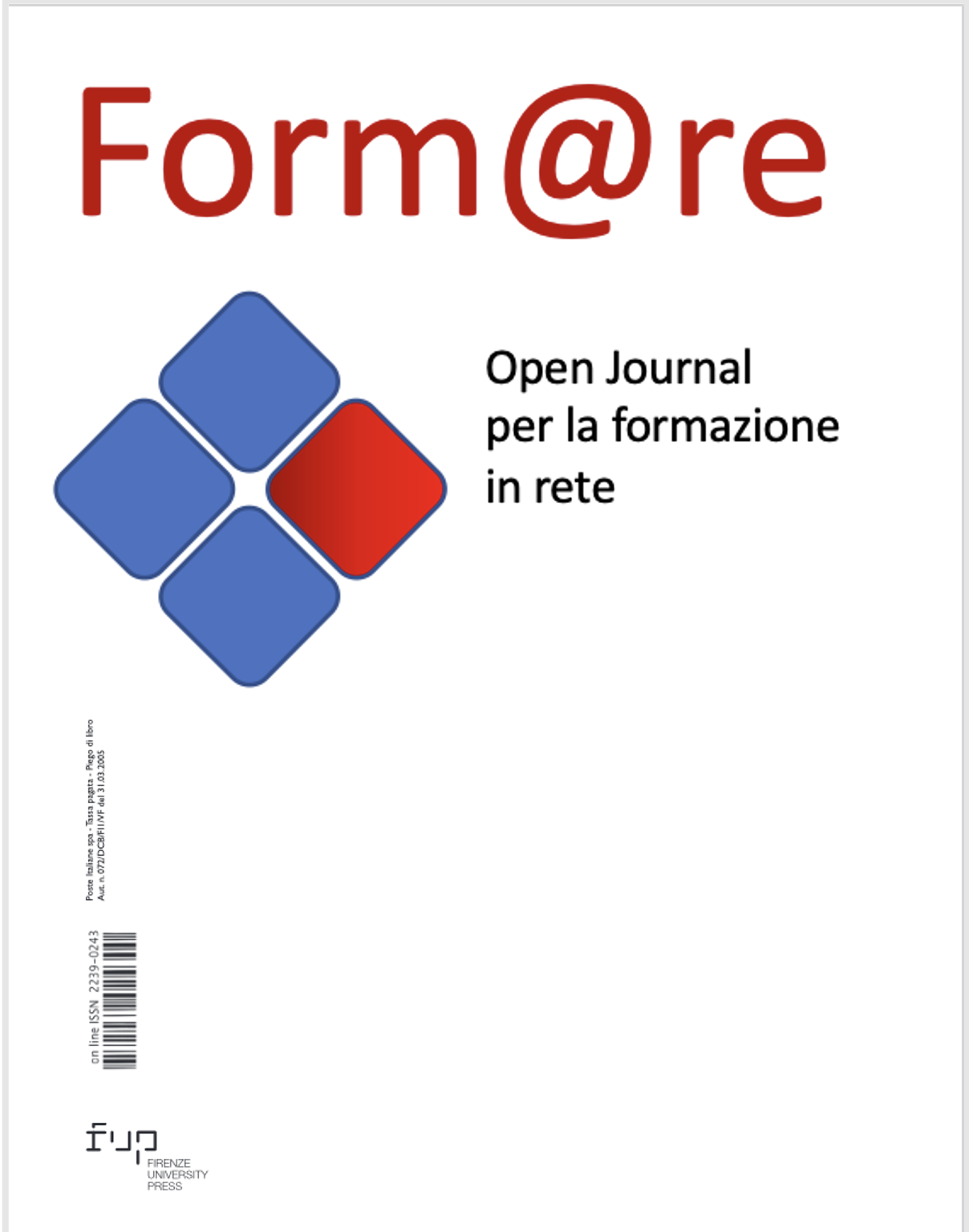On the contrary, making transitions “educationally sustainable” implies a great effort of innovating education and continuing training systems, especially as for the inclusion and protection of those who risk being potentially excluded. In line with international trends, such as “Agenda 2030” and the new “Framework on LifeComp 2020”, it becomes strategic then to enhance personal, social, learning-to-learn skills, which can help to become more resilient and to manage the challenges and changes in personal and professional life. In this sense, however, it seems essential the educational and didactic research to be focused on the study and investigation of issues, problems and experimentation of new solutions in the formal, non-formal and informal areas that might be capable of fostering this kind of competence.
Educational systems have the task to encourage new ways to implement innovative forms of learning that would identify new learning demands. This would allow enhancing the diverse resources of educators and learners, on the one hand, and strengthening the complex systems that drive performances on the other hand. The acquisition of transversal skills, through playful and engaging forms, such as simulation environments, appears to have innovative features as it aims at assessing, designing and orienting towards a flexible and productive learning capable of ensuring individual and social well-being.
The Italian Centre for Pedagogical Research, CIRPed, wants to bring to the attention of the national and international scientific community an issue that transversally goes through knowledge, skills, values of civil society and leads to reflect on the future of human subjectivity and future democracies.
Guest editors:
Vanna Boffo, Università degli Studi di Firenze
Maria Luisa Iavarone,Università degli Studi di Napoli “Parthenope”
Antonella Nuzzaci, Università degli Studi de L’Aquila
Language: English, Italian
Deadline: contributions must be received by 31 August 2022
Issue Publication: November 2022

